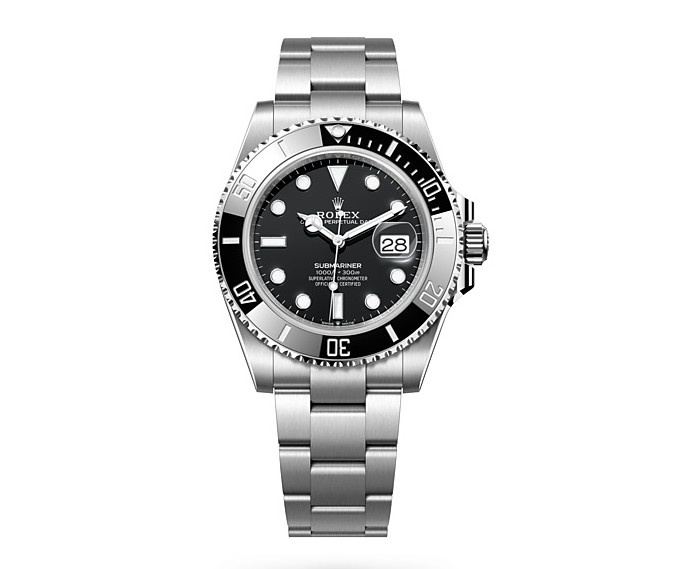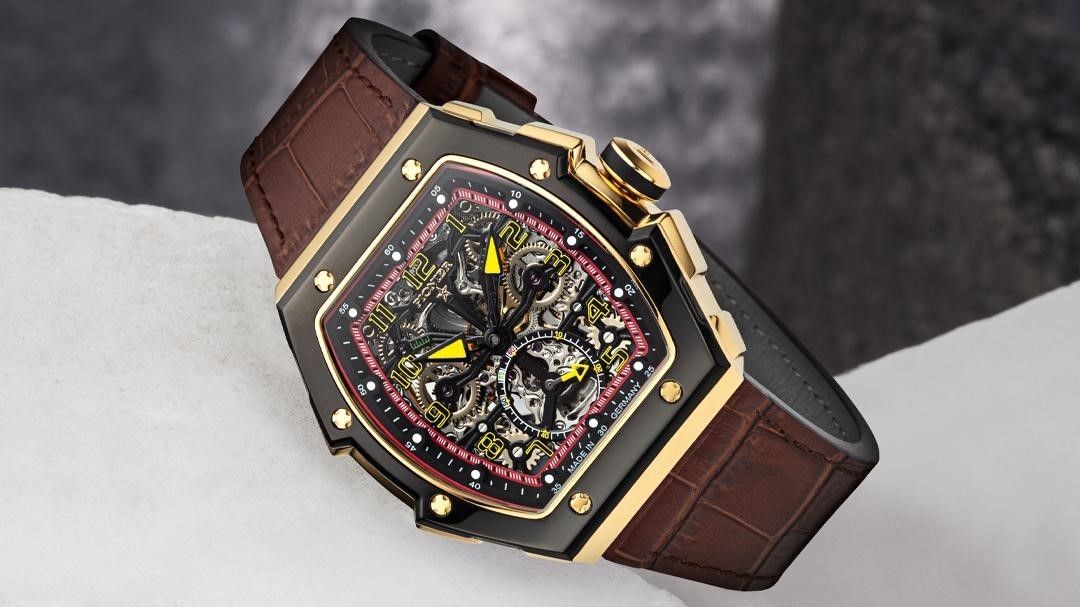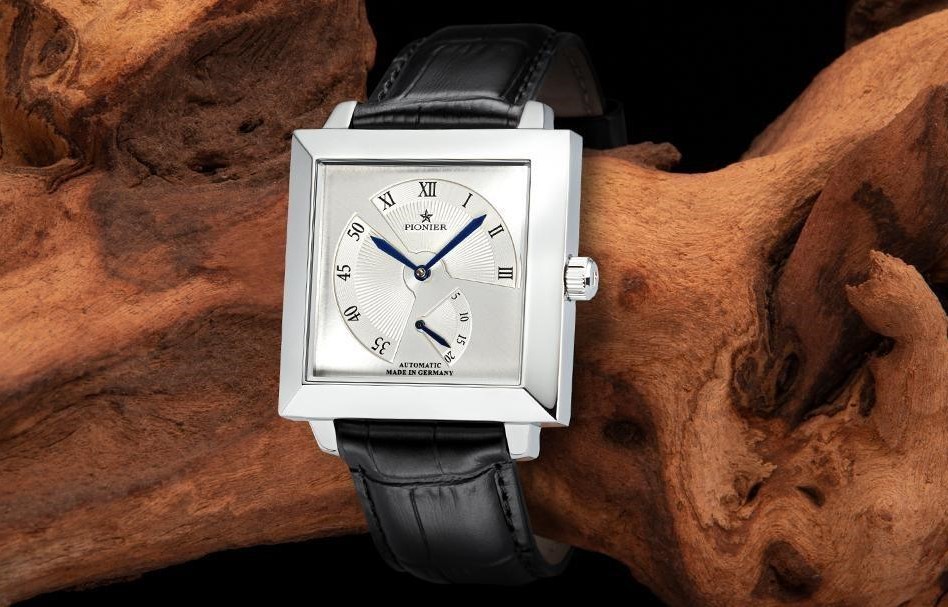
Watch Movements: Differences Between Mechanical and Quartz Movements
The prices of certain watches are surprising as one watch can cost your life savings. There are also many stunning watches available at lower price points. What makes high-end watches unique and expensive? Experts say it all lies in the movements. It’s an ongoing debate about whether a wristwatch should be viewed as an instrument that tells you the time or an accessory that embodies centuries-old craftsmanship.
The watch movements are either powered by a battery or small mechanical parts. Let’s explore the differences between mechanical and quartz movements in detail.
Mechanical Movements
Mechanical watches come in two different types: manual and automatic. Manual watches require the wearer to wind the crown to create the movements manually. It has to be wound once a day or every two days, depending on the watch’s quality. When the crown is rotated, the mainspring applies pressure across the pinions, escapement, wheels, oscillator, and pallet fork to make movements.
Automatic mechanical watches do not require manual winding. A flat blade placed in the back of the movement puts tension on the mainspring, creating a continuous random motion.
Swiss and German mechanical watchmakers, like Tufina Watches, remain loyal to traditional watchmaking style, despite the quartz revolution. Although mechanical watch production significantly reduced during the 1970s and 1980s, watch enthusiasts understand the engineering marvel behind mechanical watches. This type of watch continued to be popular. The prices soared, and the production increased more than ever.
Quartz Movements
As the name suggests, quartz watches work by using quartz crystals. These kinds of watches have electric movements powered by batteries. Quartz watches are well-known for their accuracy. The batteries used in these watches can last from three to five years. Apart from the battery replacement, these watches require low-maintenance.
Seiko created the first quartz watch in 1969. It was a groundbreaking discovery that brought down the mechanical watches’ production for over ten years.
Final Thought
Not many people choose their watch based on the movements. Design and aesthetic appeal take center stage over movements. Nevertheless, the demand for mechanical watches continues to rise because of the exquisite craftsmanship that goes into making these stunning watches.
If you plan to buy a mechanical watch, read watch reviews, like Citizen watch reviews and Earnshaw watch reviews, to know their value.



